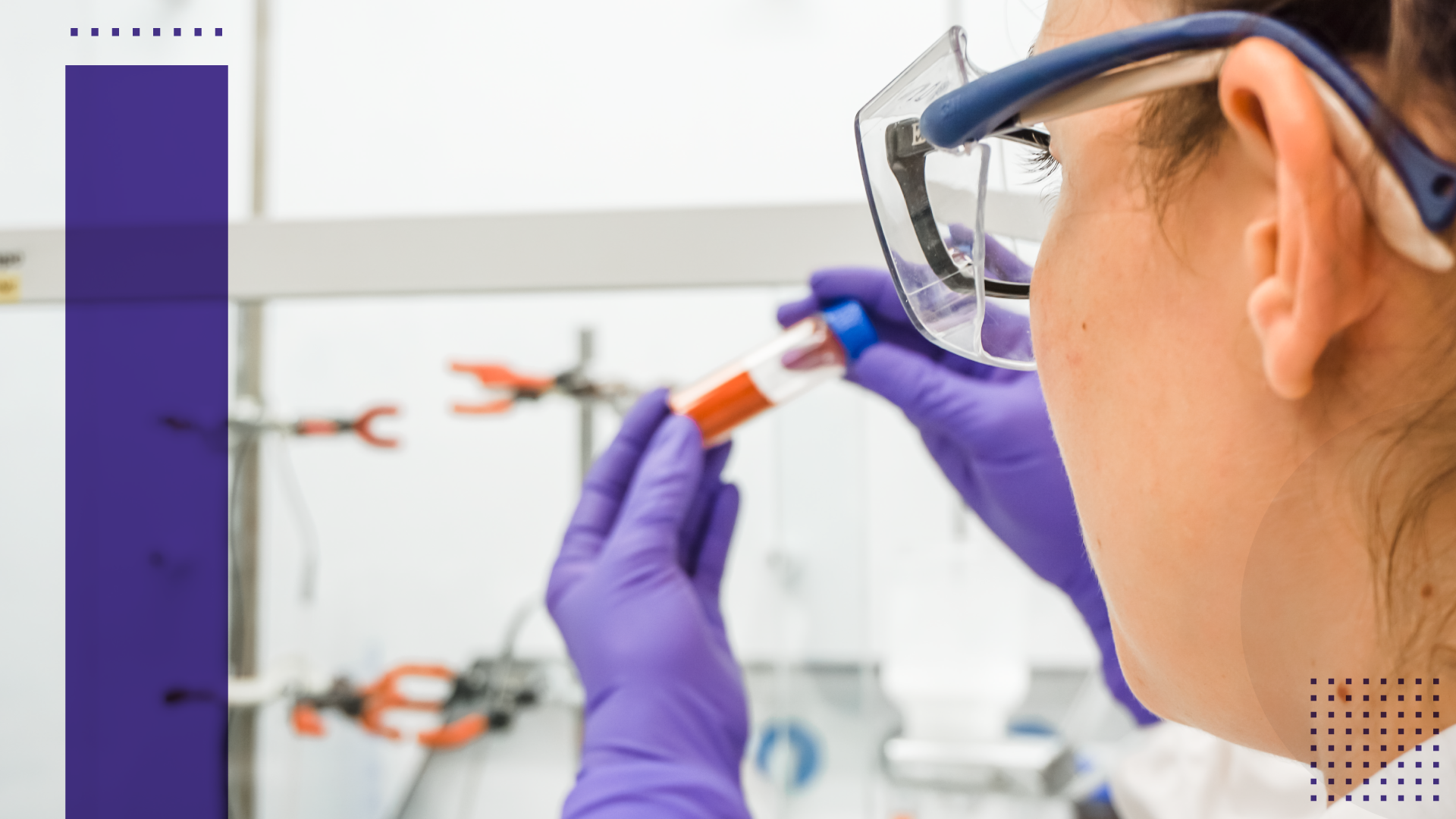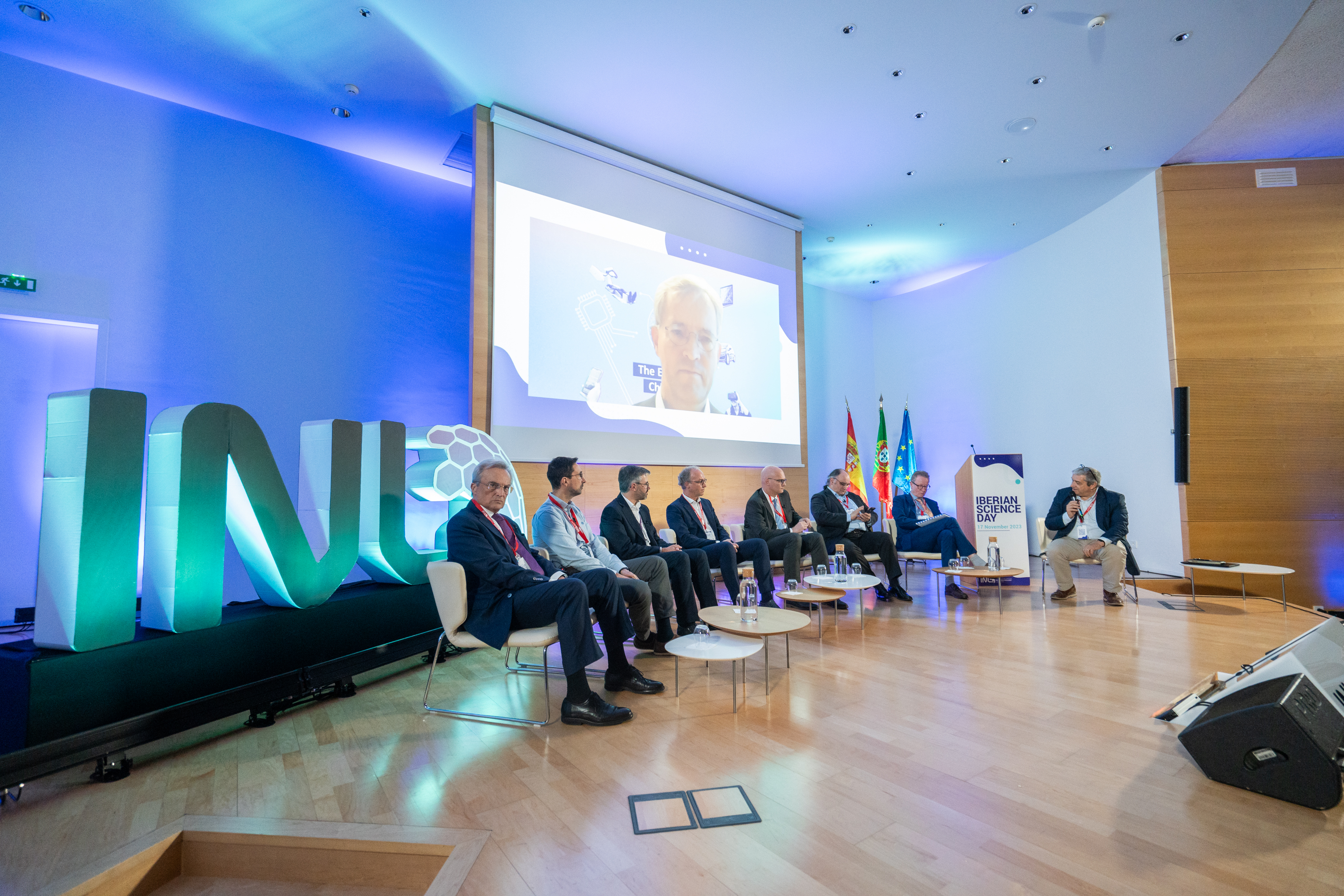
European funded project on the Coronavirus Global Response initiative
August 12, 2020
The European Commission will support 23 new research projects with €128 million in response to the continuing coronavirus pandemic. The funding under Horizon 2020, the EU’s research and innovation programme, is part of the Commission’s €1.4 billion pledge to the Coronavirus Global Response initiative, launched by President Ursula von der Leyen in May 2020.
The 23 projects shortlisted for funding involve 347 research teams from 40 countries, including 34 participants from 16 countries outside of the EU. The funding will enable researchers to address the pandemic and its consequences by strengthening the industrial capacity to manufacture and deploy readily available solutions, develop medical technologies and digital tools, improve understanding of behavioural and socio-economic impacts of the pandemic, and to learn from large groups of patients (cohorts) across Europe. These research actions complement earlier efforts to develop diagnostics, treatments and vaccines.
The INNO4COV19 (Boosting Innovation for COVID-19 Diagnostic, Prevention and Surveillance) project led by INL was chosen to develop and build an Innovation Hub with the latest technologies: an innovative open-access platform to offer companies and reference laboratories the capabilities, expertise, networks and services required for the assessment, development, prototyping, testing, scaling-up, pilot production and market exploitation of innovative technologies to tackle COVID-19 pandemic. Our approach will include leading applied research and innovation centres in Europe, together with entities specialized in building OITBs, and reference clinical sites.
The consortium for this project is composed of the following partners: INL – International Iberian Nanotechnology Laboratory; Instituto de Medicina Molecular – iMM Lisboa, BioKeralty Research Institute AIE; LEITAT – Technological Center; Joanneum Research; Fraunhofer Institute for Organic Electronics, Electron Beam and Plasma Technology (FEP); VITO Vision on Technology; Trinity College Dublin; OBELIS SA; University of Bologna; Fundación Vasca de Innovación e Investigación Sanitarias.



